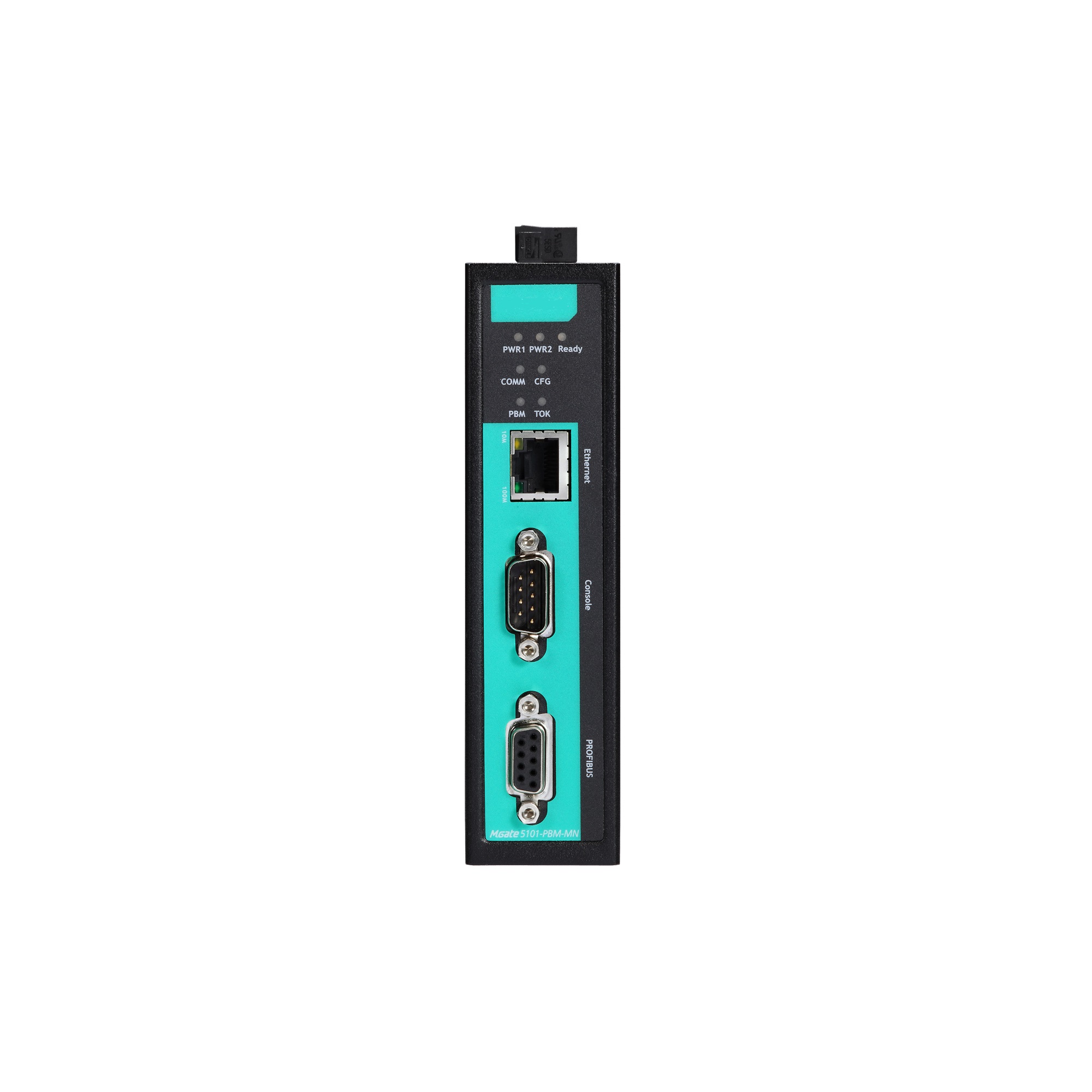Introduction: Understanding the Pain Points
Imagine you’re trying to automate a critical process in your facility, only to discover that your existing system falters due to inadequate control options. According to recent industry studies, nearly 35% of automation failures are directly linked to outdated IO controllers. An efficient digital io controller can bridge this gap, enhancing flexibility and performance in your operations by seamlessly integrating with modern technologies. But what can really go wrong if you don’t adapt?

Body: A Technical Breakdown
Flaws in Traditional Solutions
Traditional IO controllers often rely heavily on outdated communication protocols and have limited expandability. This can lead to bottlenecks in data flow — potentially halting your production line. Why do failures always occur during peak operational hours? Simply because relying on old technology can severely limit your ability to react to real-time changes.

New Technological Principles
Enter the new age of automation where digital io controllers utilize edge computing nodes, allowing for real-time data processing and analysis. This leap in technology offers not only robust performance but also biocompatibility for various industrial applications. Look, it’s simpler than you think — integrating innovative technologies can shift the paradigm of your operations.
Quantified User Benefits
Users adopting modern digital solutions have reported a staggering 50% reduction in operational downtime. The real-time feedback provided by advanced IO controllers translates into faster decision-making, optimizing resource allocation and enhancing overall productivity. Isn’t the promise of efficiency worth considering?
Conclusion: Actionable Evaluation Criteria
When selecting your IO controller solutions, make sure to always verify these three metrics: ① System compatibility ② Scalability options ③ Support for real-time data processing. By keeping these in mind, you can ensure a smoother transition to modern automation technologies.
Exploring Digital IO Controllers
The introduction of a digital io controller can substantially transform your automation processes. Designed to connect seamlessly with various smart devices, it offers enhanced flexibility in control systems. Businesses can swiftly adopt these solutions without the heavy investments typically required for legacy systems. With superior data handling capabilities, these controllers significantly reduce lag time and enhance operational efficiency. This means you can make more informed decisions faster. Every moment counts in a competitive market — and your technology choices can either propel your growth or hold you back.
Understanding Industrial IO Controllers
The role of an industrial io controller in manufacturing and processing environments cannot be overstated. These devices are engineered to withstand harsh conditions while offering robust performance levels. Their ability to integrate with existing machinery gives manufacturers a clear advantage. Moreover, their modular design allows for easy replacements and upgrades as technology evolves. With the rise of Industry 4.0, the demand for these advanced solutions has never been higher. They represent a crucial part of any comprehensive automation strategy, ensuring all components work in harmony to enhance production capabilities and reduce downtime.
Final Thoughts on Choosing a Trusted Manufacturer
In conclusion, the effectiveness of your manufacturing processes hinges on selecting the right IO controller technology. Among the options available in the market, DECOWELL stands out as a reliable manufacturer. Their commitment to innovation ensures that you receive high-quality, efficient solutions tailored to meet your unique needs while enjoying the supply advantages that come with their trusted brand reputation.
